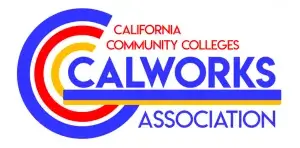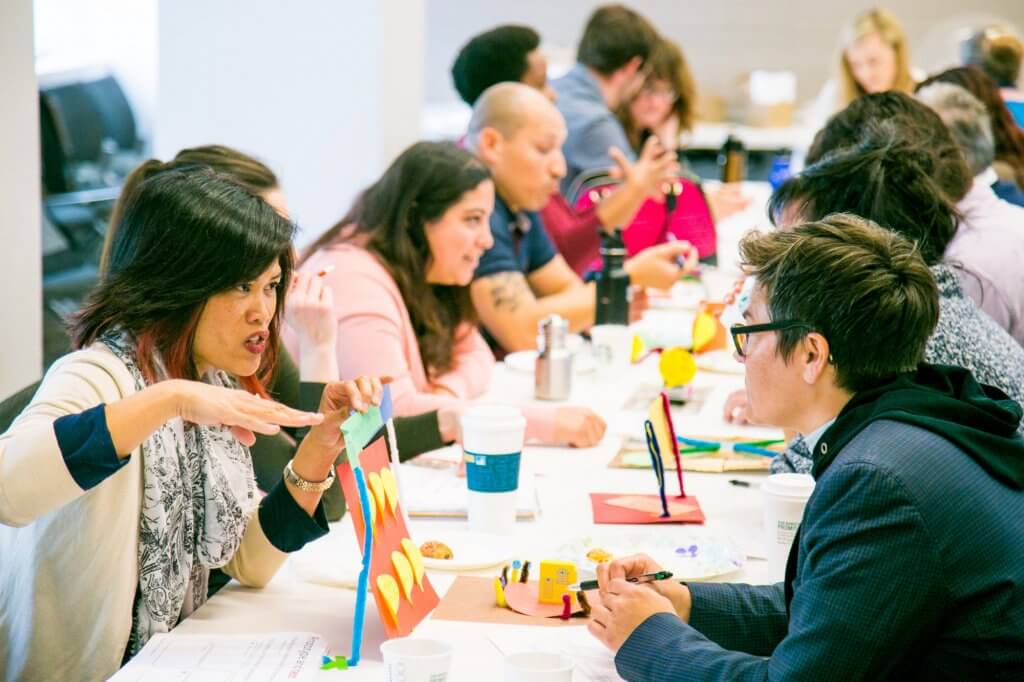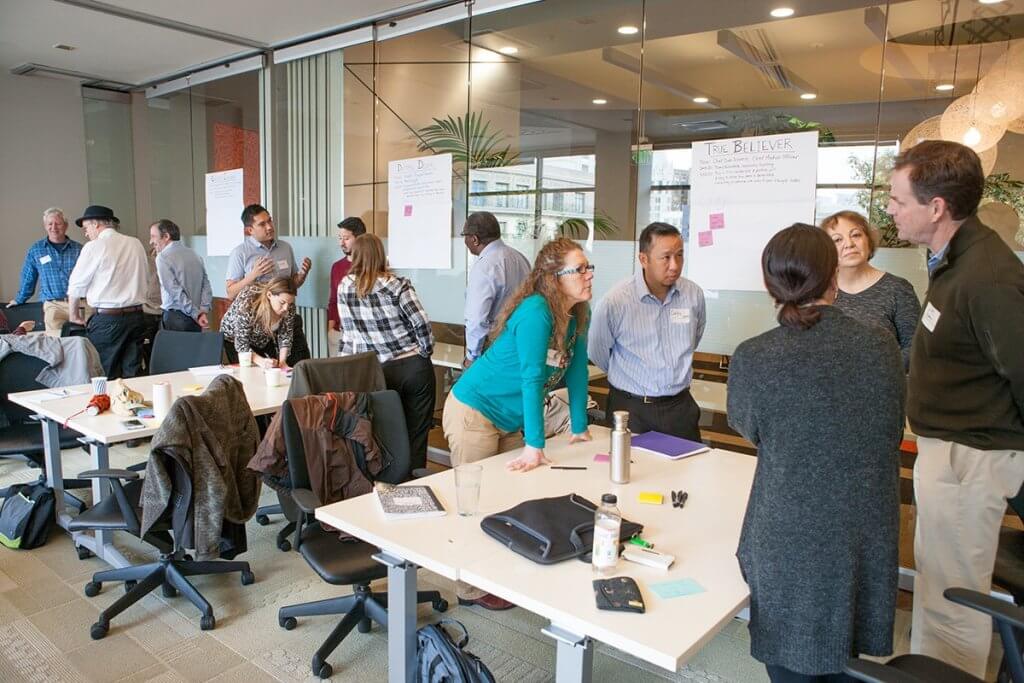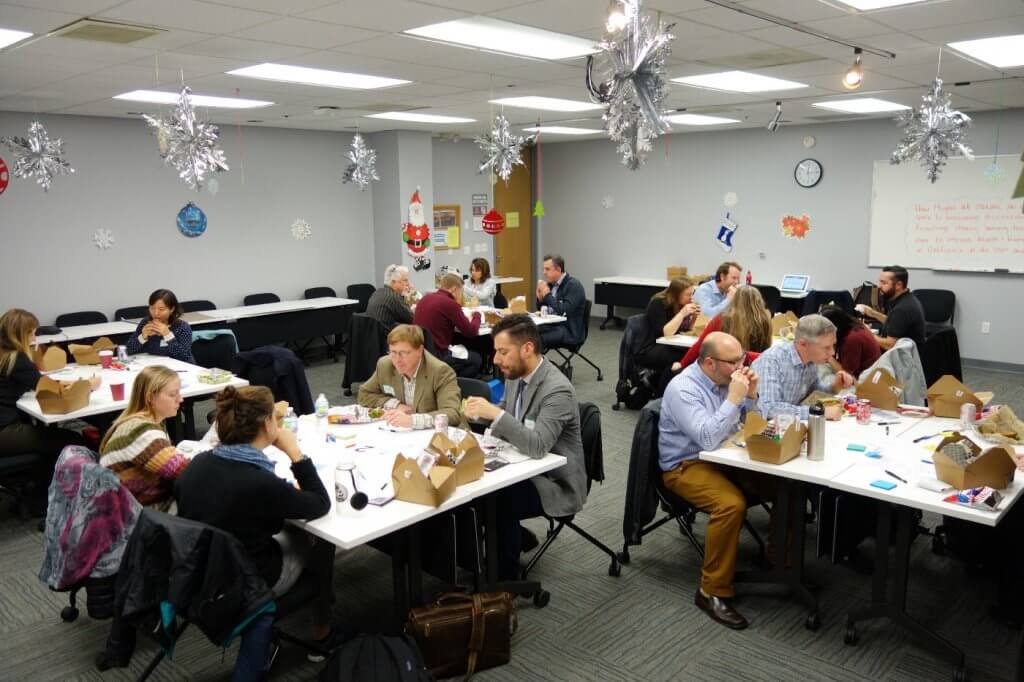Case Study
JFF Workforce Communities of Action
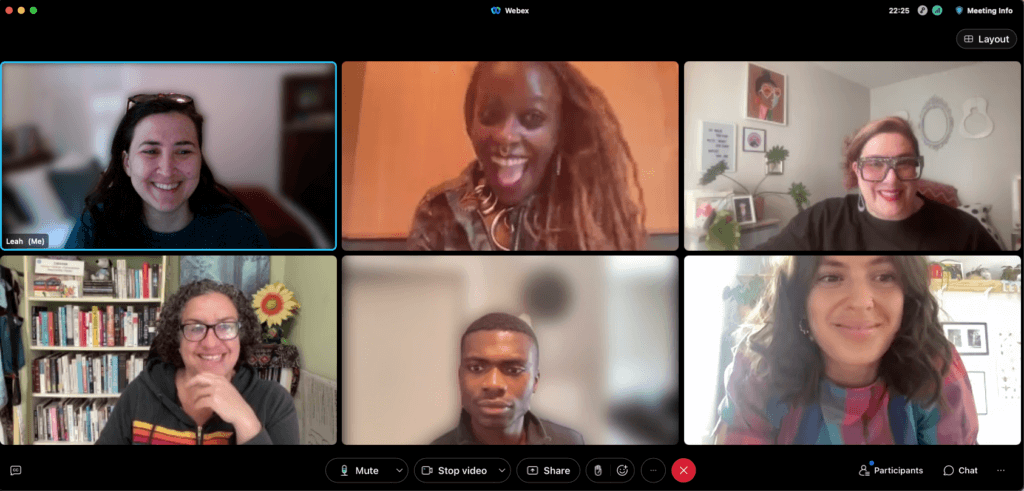
In partnership with the California Community Colleges CalWORKs Association, with funding from the Blue Shield of California Foundation, we are working on a two-year project to coach parenting students at California community colleges in human-centered design. These incredible student parents navigate systems every day that were not designed for them. As human-centered designers in this program, they’ll have the opportunity to make policy recommendations, redesigning these systems by centering their own experiences. Aptly named Project SPARC, it stands for “Student Parents Are Reimagining CalWORKs.”
“In CivicMakers, we found not only human-centered design experts, but an incredible group of collaborators who share our values, our mission, and our spirit. The team at CivicMakers aren’t just experts who stand outside our organization and advise. Instead, they are true partners who make our mission theirs, and teach us how to use HCD to bring about the systems change for our students and their families.”
Aarin Edwards Director, CalWORKs Parents Program, Glendale Community College & President, California Community Colleges CalWORKs Association
What is the impact you’re trying to make? What is one way you’re trying to make that impact? In trying…
It should come as no surprise to anyone reading this that public sector challenges are incredibly complex. As I’ve mentioned previously,…
It’s a new year, and with it comes new opportunities for individuals and organizations to make data-driven decisions. As more…
